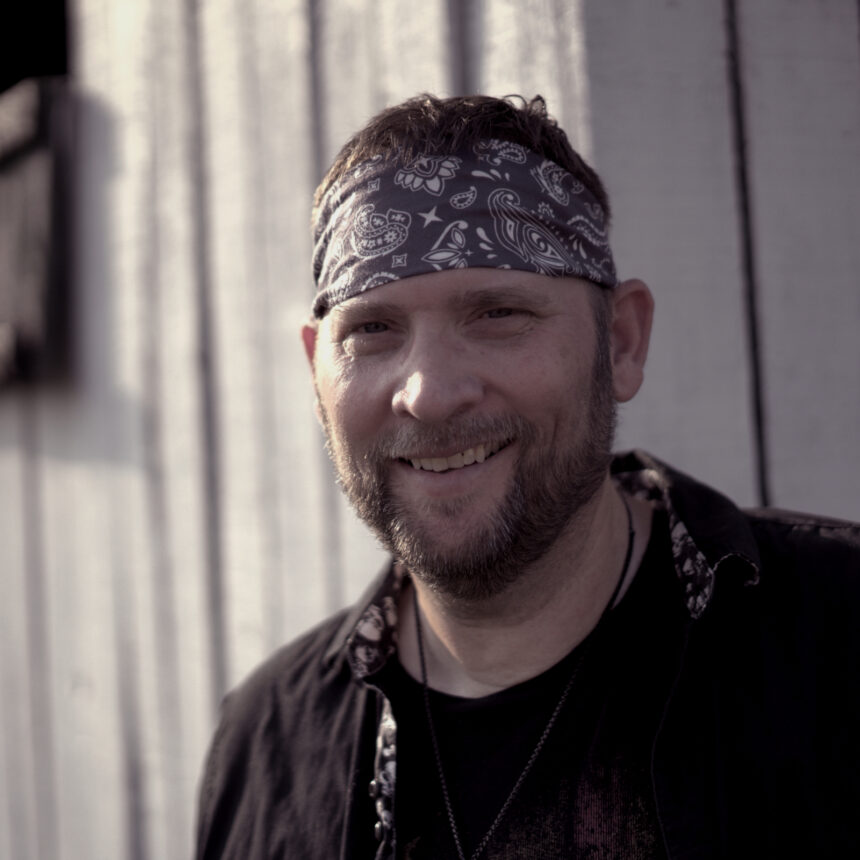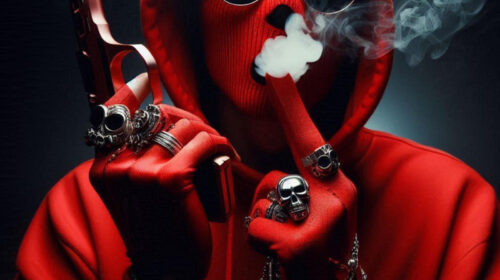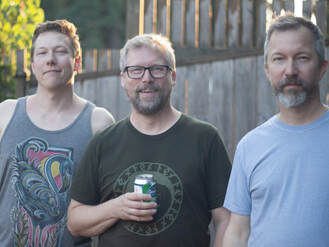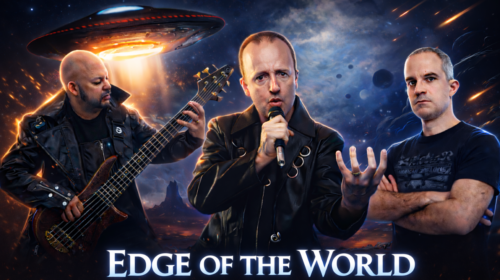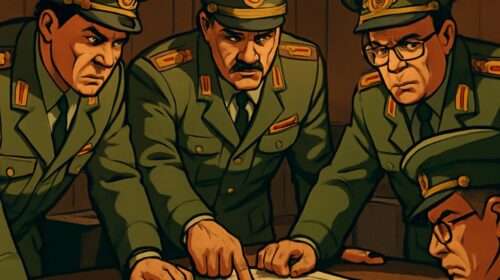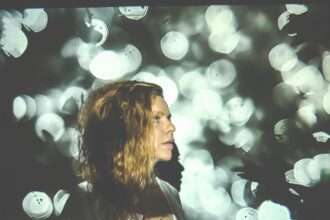In this exclusive interview, we delve into the musical journey of Robert Abernathy, an indie artist whose move from Birmingham, AL to Nashville, TN has profoundly shaped his sound. With a career spanning over three decades and a transition from education to full-time music, Abernathy has crafted a distinctive style that blends retro-90s Country with rock and blues influences.
Abernathy’s evolution as an artist reflects his deep-rooted passion for music and his desire to explore new creative avenues. We explore how his diverse background and experiences have influenced his approach to songwriting and performance. Abernathy’s journey from playing shows across the Southeast to settling in Nashville reveals his dedication to pursuing his musical dreams and his commitment to authenticity.
In our conversation, Abernathy opens up about the challenges he’s faced, including navigating the industry’s cookie-cutter norms and finding his unique voice. He shares insights into his creative process, discussing how spontaneous moments and personal experiences inspire his music. Join us as we uncover the stories behind his songs and gain a deeper understanding of Robert Abernathy’s artistic vision and the future he envisions for his music.
Can you tell us about your journey as an indie musician? What inspired you to pursue a career in music?
I’ve been making music for most of my life. From the time I could hold a guitar or mimic songs on the piano, I guess I’ve always had music running in my veins. I made the move from Birmingham, AL to Nashville TN in 2022 chasing the music scene on Lower Broadway. I had been playing shows for 30 years and just left the education profession which I had been a part of since 1997 and was looking for a change in both scenery as well as a career move.
As a songwriter, I felt the push of trying to be more involved in the creative process by being closer to where Country Music breathes on a daily basis.
How would you describe your unique style and sound as an artist? What sets you apart from other musicians?
I try to write outside of the country norm. I like taking a hook idea in my head and putting on paper with influences from my favorite artists over the past several decades. I’d like to say my style is a bit more retro-90’s Country. But there are rock and blues influences I sneak in there from time to time.
Could you share some of the biggest challenges you’ve faced as an indie musician and how you overcame them?
The Country music industry has cookie cutter method of songwriting that exists for the top tier artists that are on rotation on the radio. There are some really good songs that are out there these days. But the best songs floating around Nashville are the ones being played in writers rounds by struggling songwriters who just don’t have the right connections to grab the ears of music executives. Ive heard more brilliant songs by relatively unknown songwriters playing 3-4 songs a pop in writers rounds than ever make the cut for Billboard or radio.
It’s the unfortunate nature of music today. Someone with millions of followers on Tiktok can make a silly creative video with little musical talent and be pushed by record labels to the top of the food chain over a great song by an amazing vocalist who just hasn’t developed a following yet. It’s a gamble that record labels aren’t willing to take anymore.
What is your creative process like? How do you approach songwriting and composing music?
I don’t force a songwriting session anymore. I used to schedule co writes with other songwriters on a regular basis to establish quantity. But I’ve discovered that some of my better works derive from moments when a good idea hits me while driving down the road or when I hear a phrase while watching TV or when someone says something interesting that I feel would make a good song. The unexpected seems to put me in a more creative space than when I force it into a song.
Are there any particular themes or messages that you aim to convey through your music? What inspires your lyrics?
I typically write to two different themes: The first is just witty, funny hook ideas that will make the listener smile. I find that feel-good songs are easier to write and they tend to have more repeat listeners. “Bar Tan,” “Redneck Magic,” Change My Mind, “Big Bass Problem,” “You Can’t Have My Boat”… and dozens more fall in that category. The second theme I usually center around family in some way. “Daddy’s Shadow”, “Should Have Taken Him Fishing,” “You Can Always Come Home,” “Heaven Has a Radio” are just a few examples.
What are your long-term goals as an indie musician? Where do you see yourself and your music in the next few years?
I see myself continuing to be an educator for years to come while writing songs and playing shows as they come to me. I have no shortage of weekends spent on the road playing mostly in the Southeast. Whether I am playing my own songs, covers or playing some tribute band shows, I enjoy standing (or sitting) on a stage and just sharing whats on my mind at the time. Gone are the days of me hustling to try to secure some far fetched deal that just is unreasonable. I’m enjoying where I am now more than at any other point in my life. There is no pressure in just being yourself instead of being someone the music industry wants you to be.


